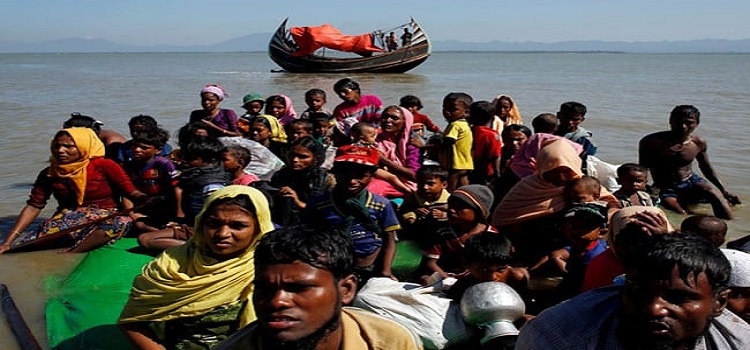
- Special News
- Lead News
Securing the repatriation of 1.1 million Rohingya refugees from Bangladesh to Myanmar
- Special News
- Lead News
- 02 July, 2023 19:55:33
Mostafa Kamal Majumder: The ball of the bilateral initiative between Bangladesh and Myanmar for repatriation of Rohingya refugees under a pilot project seems to have started rolling. A team of 14 Myanmar officials visited Cox’s Bazar in Bangladesh in the last week of this May to meet Rohingya refugees and inform them of the preparations made to repatriate them back to the Rakhine State of that country. Earlier that month another such team visited the area, hosting 1.1 million members of the worst persecuted community in the world - including 700,000 who were forces to flee atrocities in 2017 - and returned after verifying information about 500 refugees.
Under the Rohingya repatriation pilot project Bangladesh has already handed over a list of more than 1,000 Rohingya citizens for repatriation. On the other hand, the Myanmar government is speedily verifying it. Besides, the country is arranging rehabilitation for the Rohingyas in Rakhine. According to sources, Myanmar wants to start the pilot project quickly to increase the acceptance of the military junta under pressure from the international community.
To monitor the situation firsthand, Myanmar recently arranged a visit for the ambassadors or consul generals of 11 countries -- Bangladesh, India, China and eight Asean countries -- to Rakhine. The visiting envoys have observed that the security situation in Rakhine is now stable. It is favorable to start the repatriation process. Apart from this, the issue has become easier as India, China and Asean countries have agreed on the solution to this problem, another credible report said.
The Rohingya refugees are however skeptical. The 200 refugees who had meeting with the Myanmar team expressed their dissatisfaction with the assurance given for their return to their home country. Some Rohingyas who participated in the meeting said they demanded Myanmar citizenship, return of their lands and freedom of movement like other communities in the country, but “they are talking about taking us to camps with an NBC card each, that’s not how we are willing to go.”
An earlier report quoting a Bangladesh Foreign Ministry official said that the verification process of the list of Rohingyas given for repatriation under the pilot project will be completed at the earliest. The returnee Rohingya nationals will be received at two reception centres in Myanmar. These centres have already been completed. After staying there for up to 24 hours, the Rohingyas will be taken to a transit camp, where several thousand Rohingyas can stay together. After staying in the camp for a week to a month, they will be sent back to their homes.
A senior Bangladesh Foreign Ministry official told newsmen present, “Our main objective is to repatriate the Rohingyas, because that's the only permanent solution. Various initiatives are being taken to send Rohingyas to their home country.”
This limited progress in repatriation is seen with skepticism also by Western human rights experts. UN-appointed independent rights expert Tom Andrews said on June 8 Bangladesh must “immediately suspend” the pilot repatriation project for Rohingya refugees to return to Myanmar, where they face “serious risks” to their lives and freedom.
The UN Special Rapporteur on the situation of human rights in Myanmar, insisted that current conditions there were “anything but conducive” for the return of Rohingya refugees. He stressed that the very generals who had launched “genocidal” attacks against the Rohingya, causing hundreds of thousands to flee the country, were now in power and “attacking civilian populations while denying the Rohingya citizenship and other basic rights”. Bangladesh officials have been planning to send back to Myanmar, potentially very soon, an initial group of 1,140 Rohingya refugees, using a combination of threats and financial rewards, he said, UN News reported.
But China is hopeful. China’s Ambassador to Bangladesh, Yao Wen very recently said at a discussion in capital Dhaka that his country is relentlessly working with Bangladesh and Myanmar to start Rohingya repatriation. He expressed the hope that the two countries will be able to reach an agreement to resolve the issue, the media reported.
Bangladesh has all along maintained calm to uphold good relations with Myanmar its only second neighbor, despite repeated provocations starting in the late seventies of the last century. It faced exodus of Rohingya refugees in 1978 and 1991-92 but managed to send most of them back to their homes through bilateral negotiations. Fresh exodus was experienced also in 2012 and 2015 when Bangladesh mostly tried to push refugees back. The largest exodus of 700,000 Rohingya refugees took place in 2017 when the Myanmar military junta burned down their homes and committed genocide to expel them. Bangladesh had no alternative but to offer them shelter with support from the international community.
Against this backdrop a global discourse on repatriation of Rohingya refugees from Bangladesh to Myanmar underscored the need for including Japan and the ASEAN (Association of South East Asian Nations) in the repatriation process to give the initiative a momentum by persusuading China to play a bigger role given its strong influence on Myanmar.
The discourse was held in Kuala Lumpur, Malaysia on Monday, May 29, jointly by the Muslim World Research Centre and Cable News International, Bangladesh in association with the OIC study group (OICSG), Malaysia, Department of Islamic History and Civilization, University of Malaya, Malaysia and the Dhaka Forum; at the G Tower Hotel, according to a message received in Dhaka.
Speakers at the discourse felt that the current pilot project is not a real solution, but it initially appears that it will play a positive role as a primary initiative towards the permanent solution. However, they emphasized that the opinions and aspirations of the Rohingya refugees cannot be ignored in any way. It is important to see the active role of the ASEAN member states, especially Muslim majority states like Indonesia and Malaysia as a regional power, to the repatriation process to protect necessary interests and security in collaboration with Asia's superpower China as a mediator. In this regard, Bangladesh needs to take more comprehensive initiatives and activities to get support and cooperation from regional and international circles.
In his keynote speech Tansri Dr. Syed Hamid Albar rightly underscored the geopolitical importance of as well as threat to Bangladesh in the region and praised the county in its efforts to chart a calculated path. He however felt the urgency of utilizing the Chinese influence on Myanmar and the Asian superpower’s willingness to mediate a solution of the repatriation issue and emphasized need of enlisting the support and role of the ASEAN countries. Dr. Albar noted the success of china in mediating the restoration of diplomatic relationship between Saudi Arabia and Iran. Also to be noted is China’s expressed interest to mediate a peace deal in the Middle East.
The President of the Centre of Inclusive Asia, Koh King suggested that Asean should seek the help of China to resolve the Rohingya issue. The Myanmar government can learn from the Philippines and set up an autonomous region for the Rohingyas, he added.
The current pilot project for Rohingya repatriation, in the words of former Senior fellow of ISIN Malaysia Bunn Negara, should not be opposed, Instead international organisations including the Asean should monitor it. The current initiative will create an opportunitive for an effective dialogue with Myanmar on the Rohingya issue through closed door meetings without requiring the junta government to bring up many things publicly. The global discourse reflected a deeper understanding of the problem of Rohingya refugees and suggested a logical path to its solution.
Bangladesh cannot host 1.1 million Ronhigyas for an indefinite period of time and international support for their sustenance is also on the decline. This has forced the UNHCR to reduce per head budget for food support to the refugees. The Rohingys refugees can neither indefinitely rely on international food support, nor can they remain stateless and homeless for generations to come.
(A veteran Bangladeshi journalist Mostafa Kamal Majumder now edits online daily GreenWatch Dhaka.)
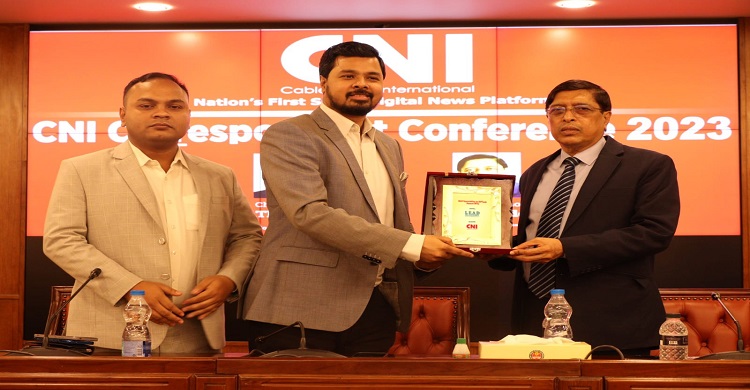
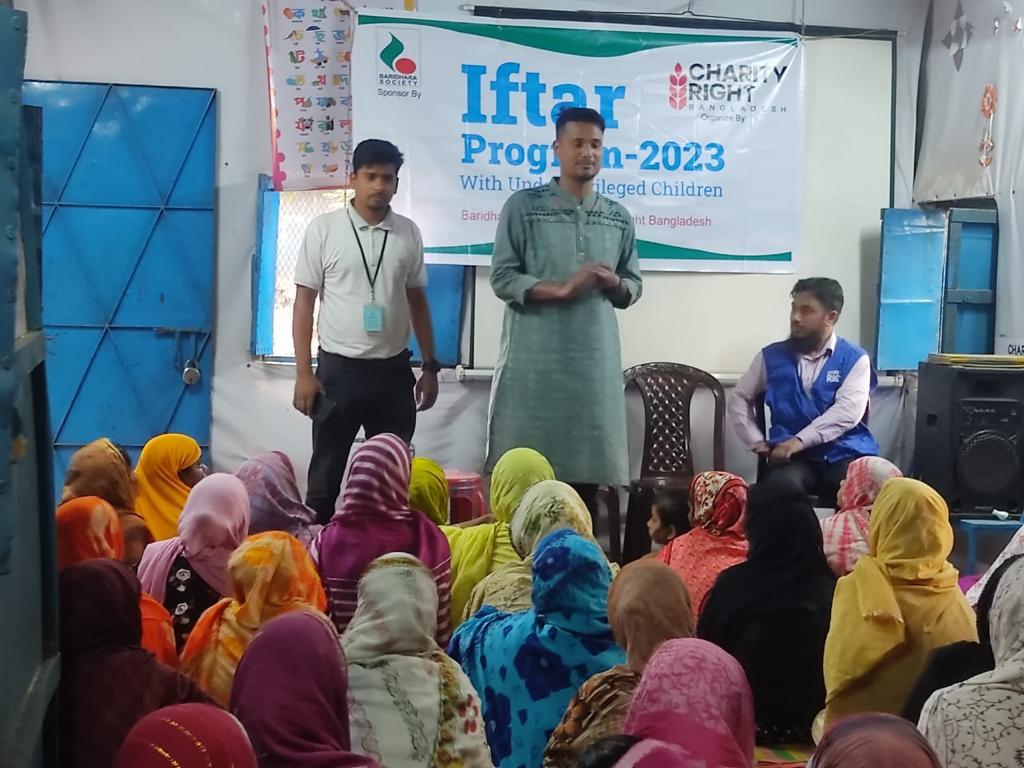
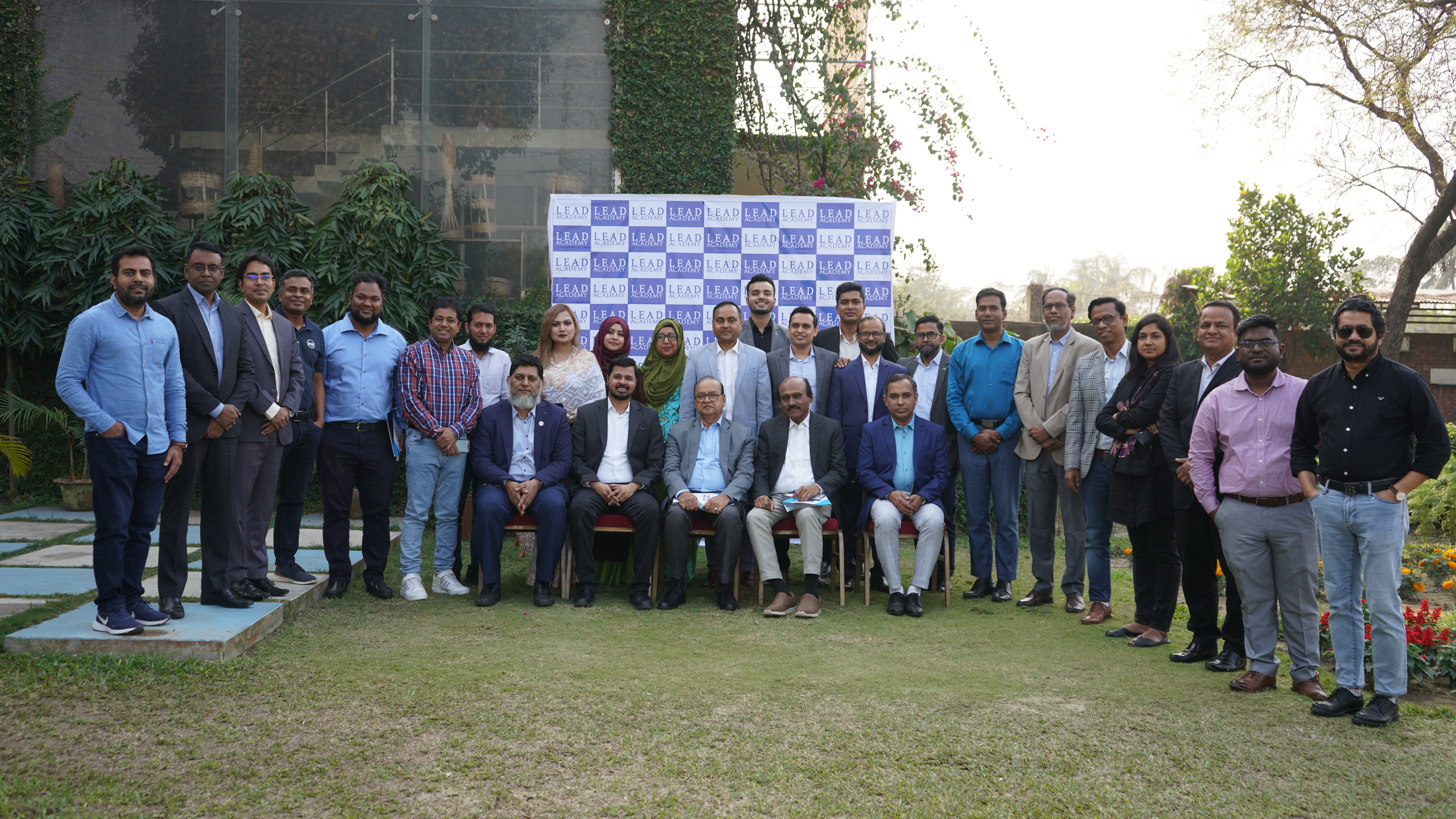
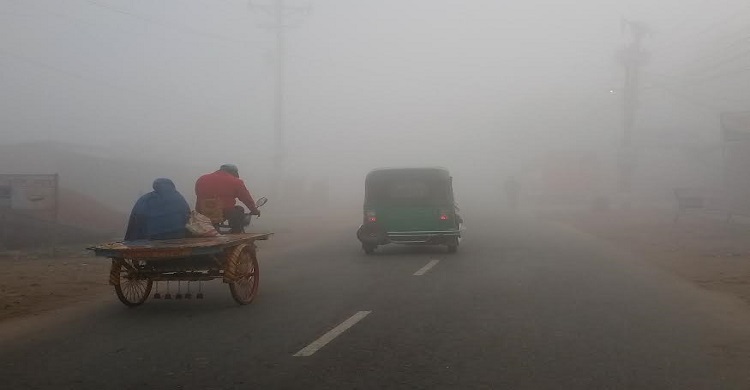
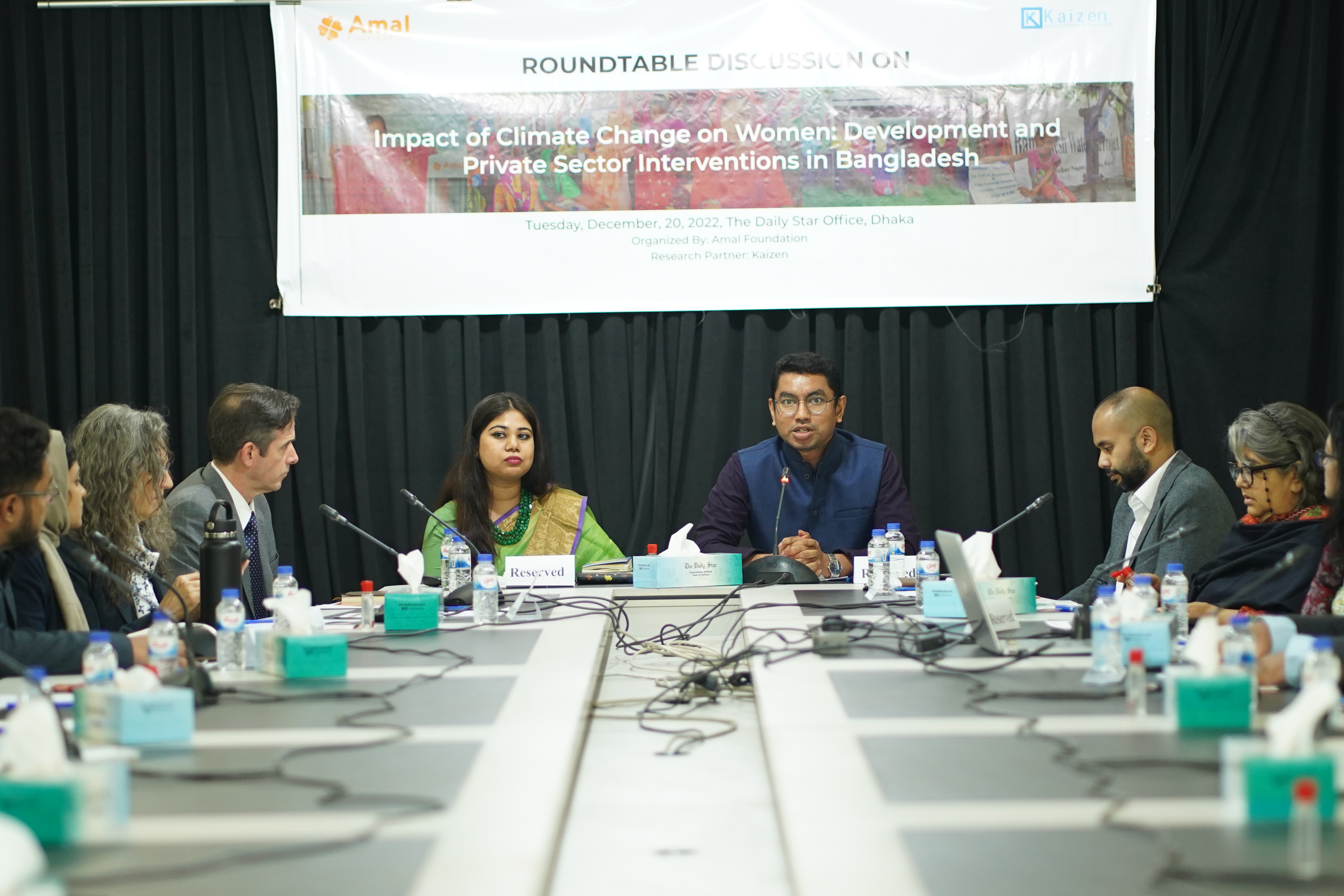
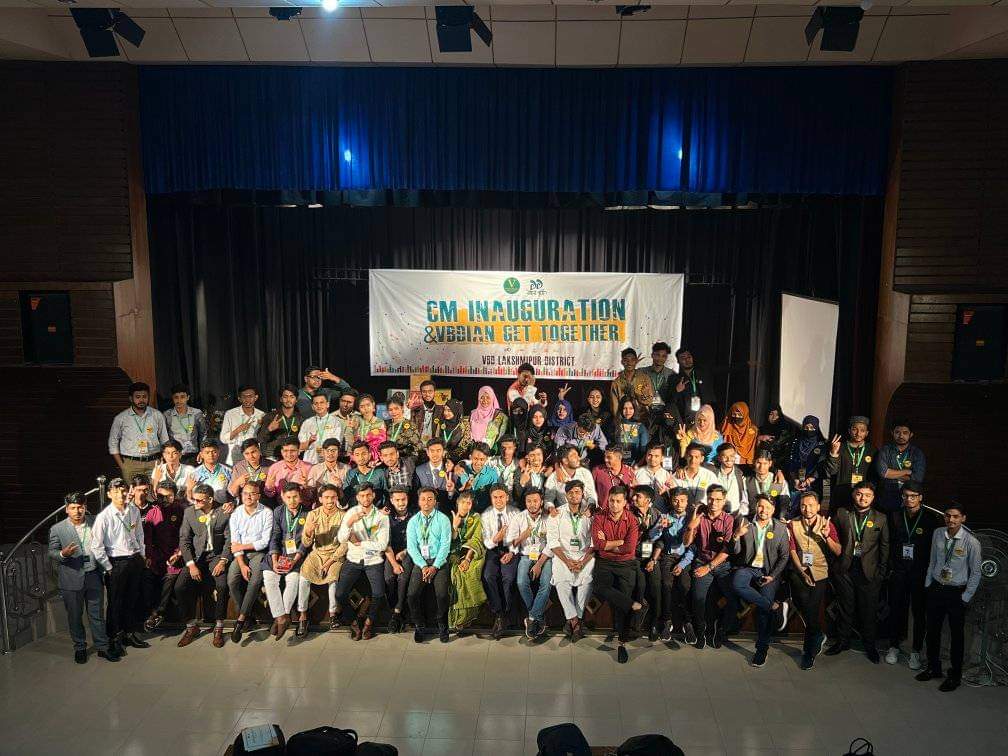
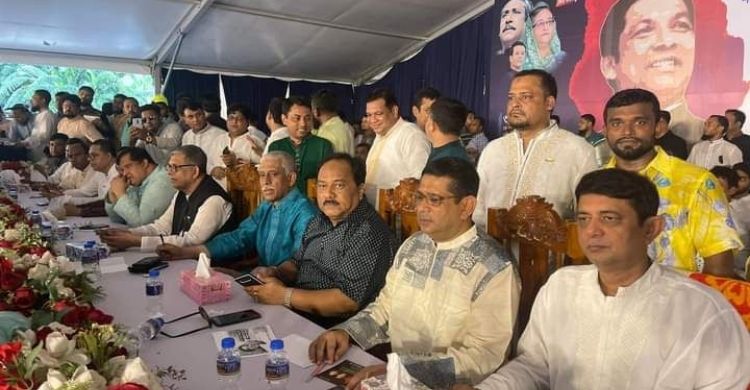




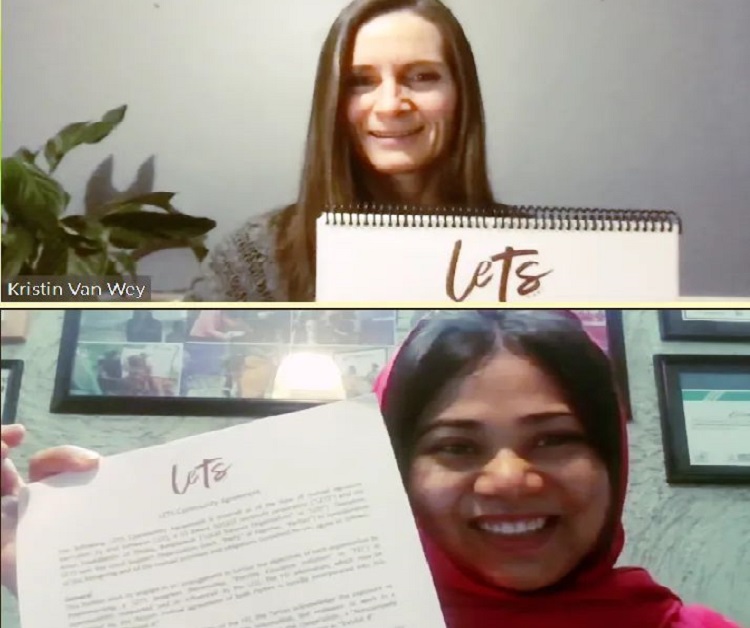

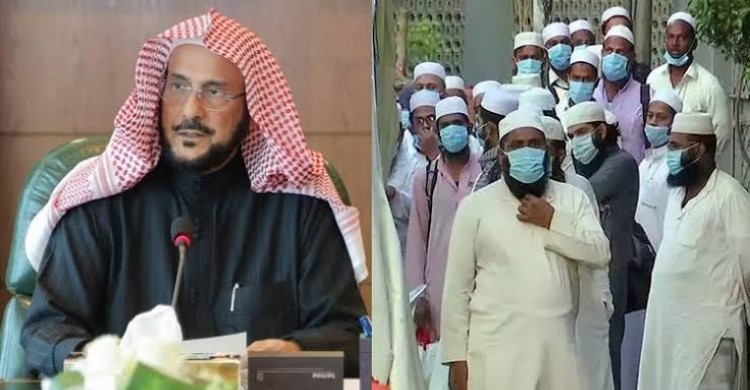

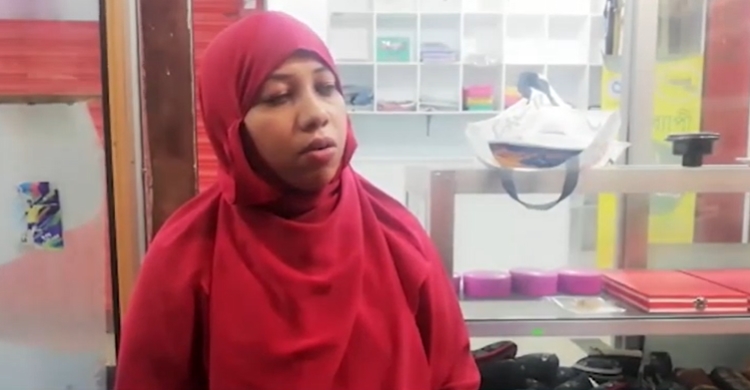
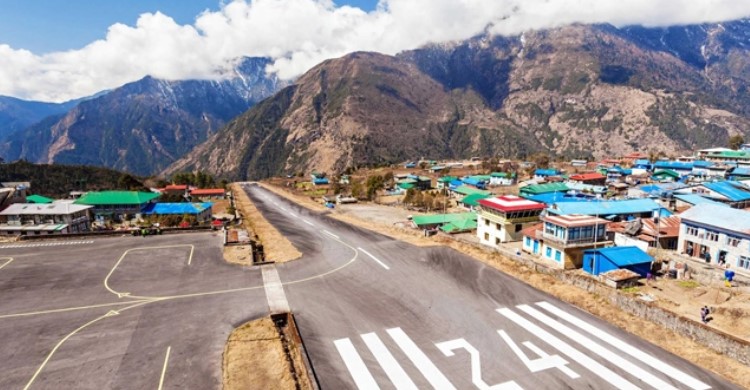

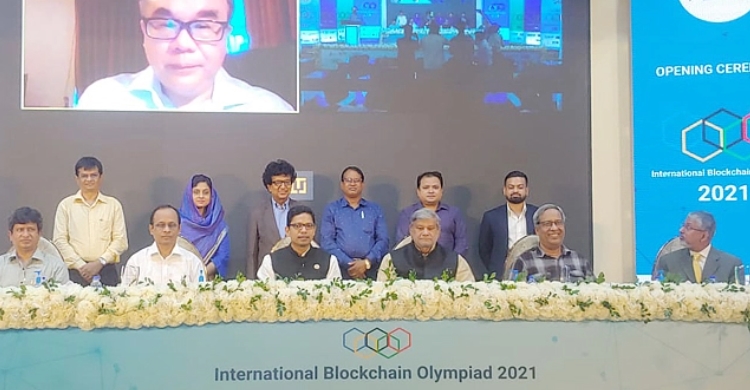
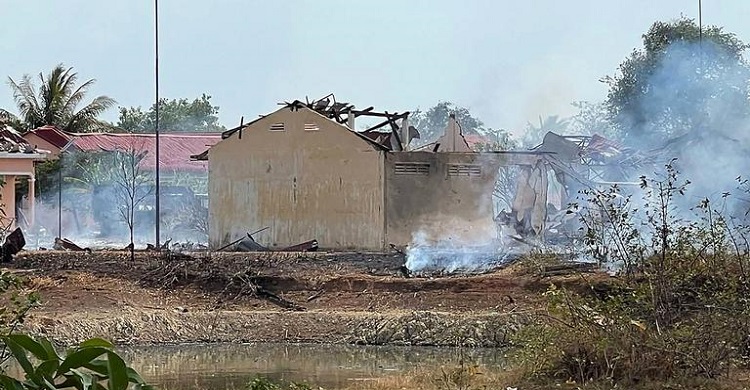

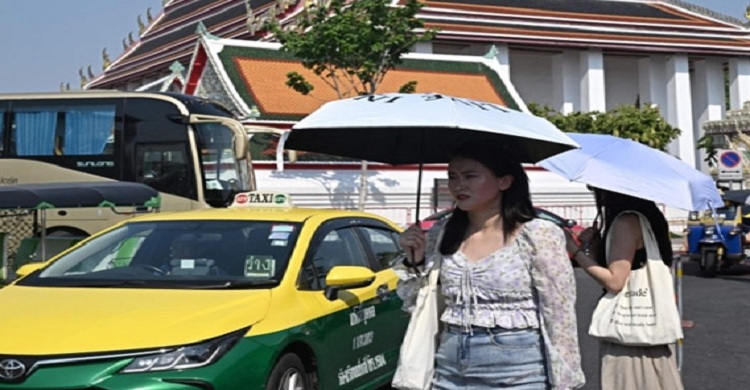





Comment ( 0)